Getting a good night's sleep is crucial for our overall health and well-being. However, external noise can often disrupt our sleep patterns, especially for those who prefer sleeping in bed tents.
Whether you're camping outdoors or using a bed tent at home, external noise can easily penetrate the tent walls, leading to sleep disturbances.
One effective solution to this problem is using a soundproof bed tent. These tents are designed to minimize external noise, providing a more peaceful sleeping environment.
But how can you effectively soundproof your bed tent to ensure a restful night's sleep?
In this post, we'll share seven expert tips for soundproofing your bed tent, allowing you to sleep tight and wake up feeling refreshed.
Whether you're a frequent camper or simply looking for ways to improve your sleep at home, these tips will help you create a quieter, more relaxing sleeping space.
So, if you're wondering how to soundproof your bed tent, keep reading to learn more about these practical and easy-to-implement strategies.
Why Choose a Soundproof Tent for Ultimate Privacy?
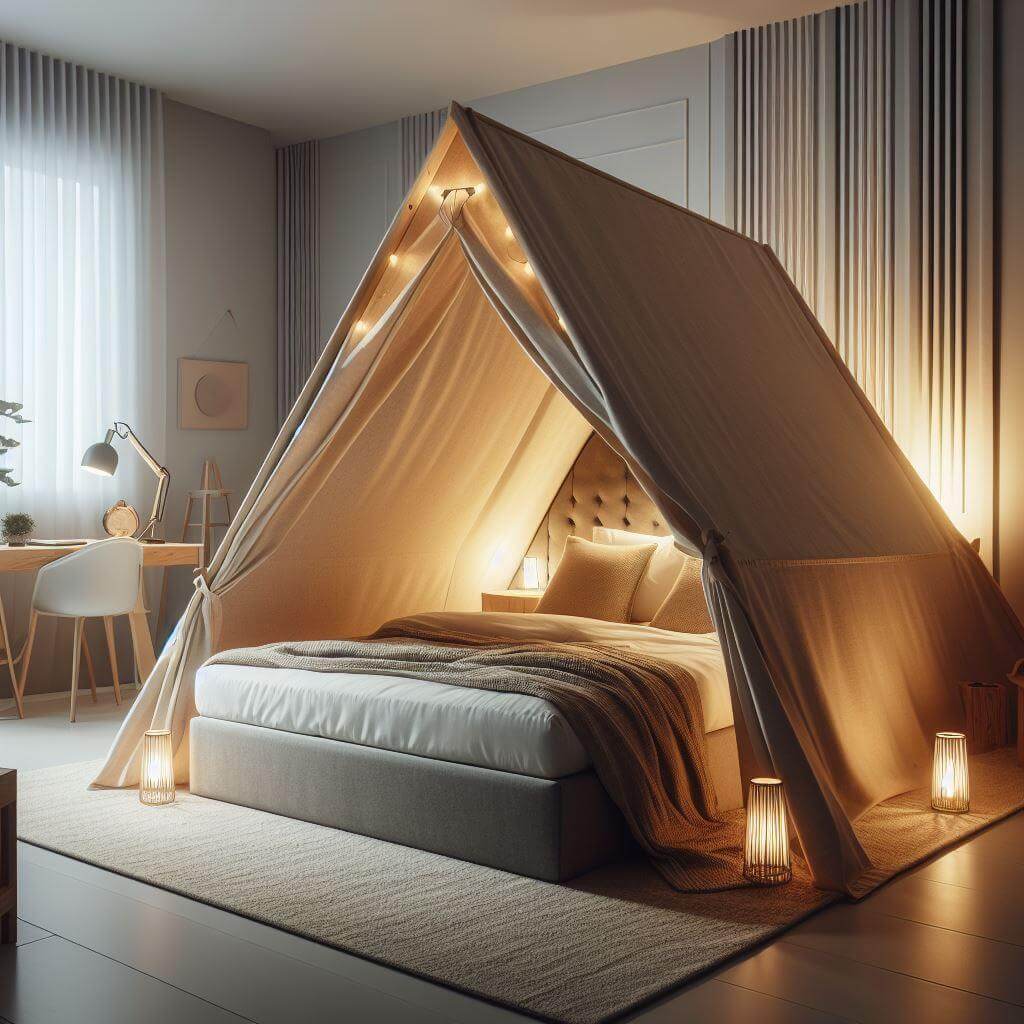
In today's busy world, finding a peaceful place to relax can be difficult. With constant noise and distractions, getting a good night's sleep is often a challenge. This is where a tent designed for soundproofing becomes essential.
Such a tent provides unmatched privacy for those seeking tranquility. It creates both a physical and mental barrier, offering a cozy retreat where you can fully unwind.
According to a study by the Centers for Disease Control and Prevention (CDC), sleep deprivation is a public health epidemic in the United States, with an estimated 50 to 70 million adults suffering from sleep disorders. Lack of sleep can lead to a range of health problems, including obesity, diabetes, and heart disease.
Therefore, it's crucial to create a peaceful sleeping environment. A soundproof tent addresses this need by reducing external noise and promoting better sleep quality.
Emily, a freelance writer living in New York City, struggled to concentrate on her work due to street noise. After researching solutions, she invested in a soundproof tent. The results were immediate – improved focus and productivity in a quieter environment. Apart from reducing noise, Emily found the tent offered a psychological retreat from city life, providing a peaceful space to recharge.
If you're considering a soundproof tent, here are some tips:
- Choose a tent with quality soundproofing materials.
- Look for secure closures to prevent sound leakage.
- Consider adding additional sound-absorbing materials.
- Ensure the tent is sturdy enough to support extra components.
- Use white noise machines or earplugs for added tranquility.
- Invest in a comfortable mattress for better sleep.
- Create a soothing atmosphere with soft lighting and bedding.
Recommended reading:How To Ventilate Soundproof Bed Tent
Choosing the Right Materials for Your Bed Tent
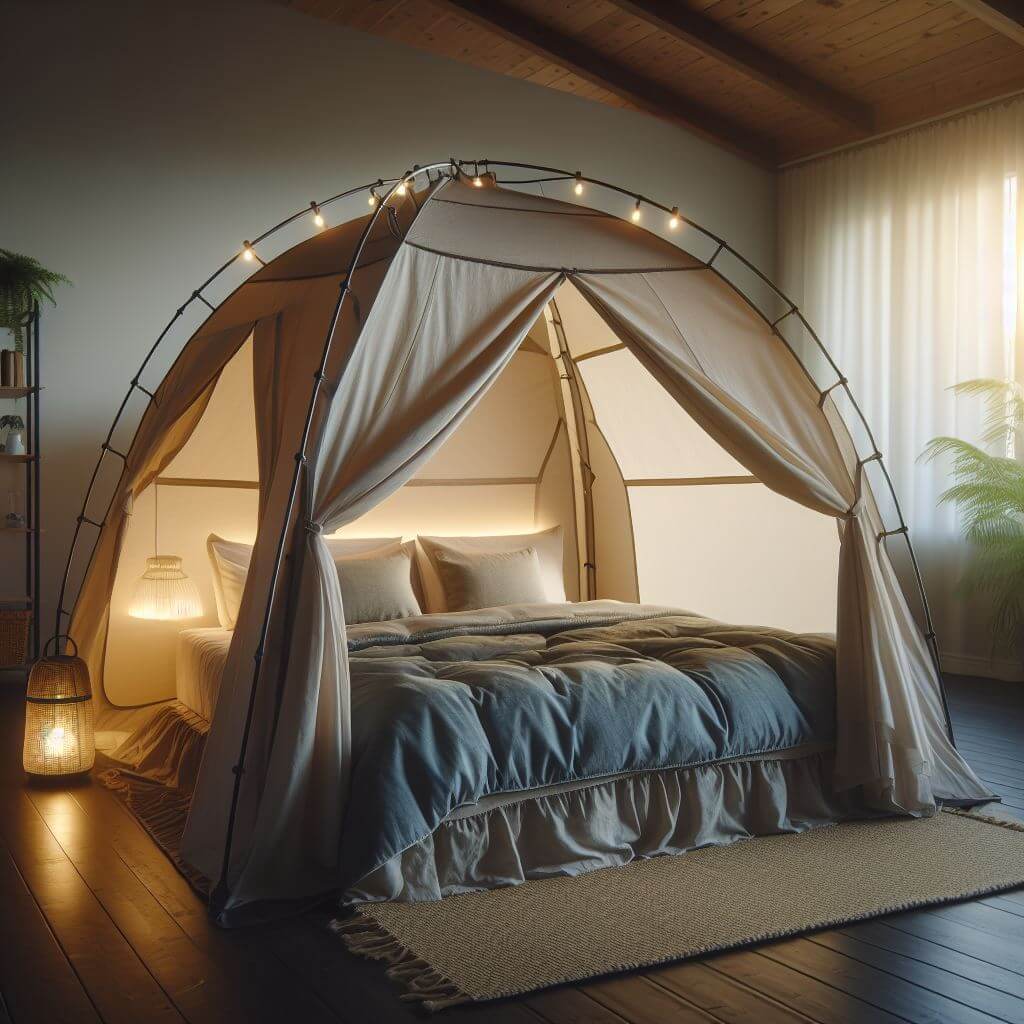
When it comes to enhancing the soundproofing of your bed tent, the materials used are paramount.
Opting for a bed tent crafted from sound-absorbing materials can significantly reduce external noise disturbances.
Some excellent materials for achieving soundproofing in bed tents include heavy-duty nylon, polyester, and canvas. These materials not only offer excellent durability but also provide effective sound insulation.
Another crucial factor to consider is the density of the material. Higher-density materials absorb more sound waves, making them more efficient at blocking outside noise.
Therefore, when shopping for a bed tent, prioritize those made from high-density materials to optimize soundproofing capabilities.
Recommended reading:The Top 6 Quietest Bed Frames Of 2023
Invest in Noise-Cancelling Headphones or Earplugs
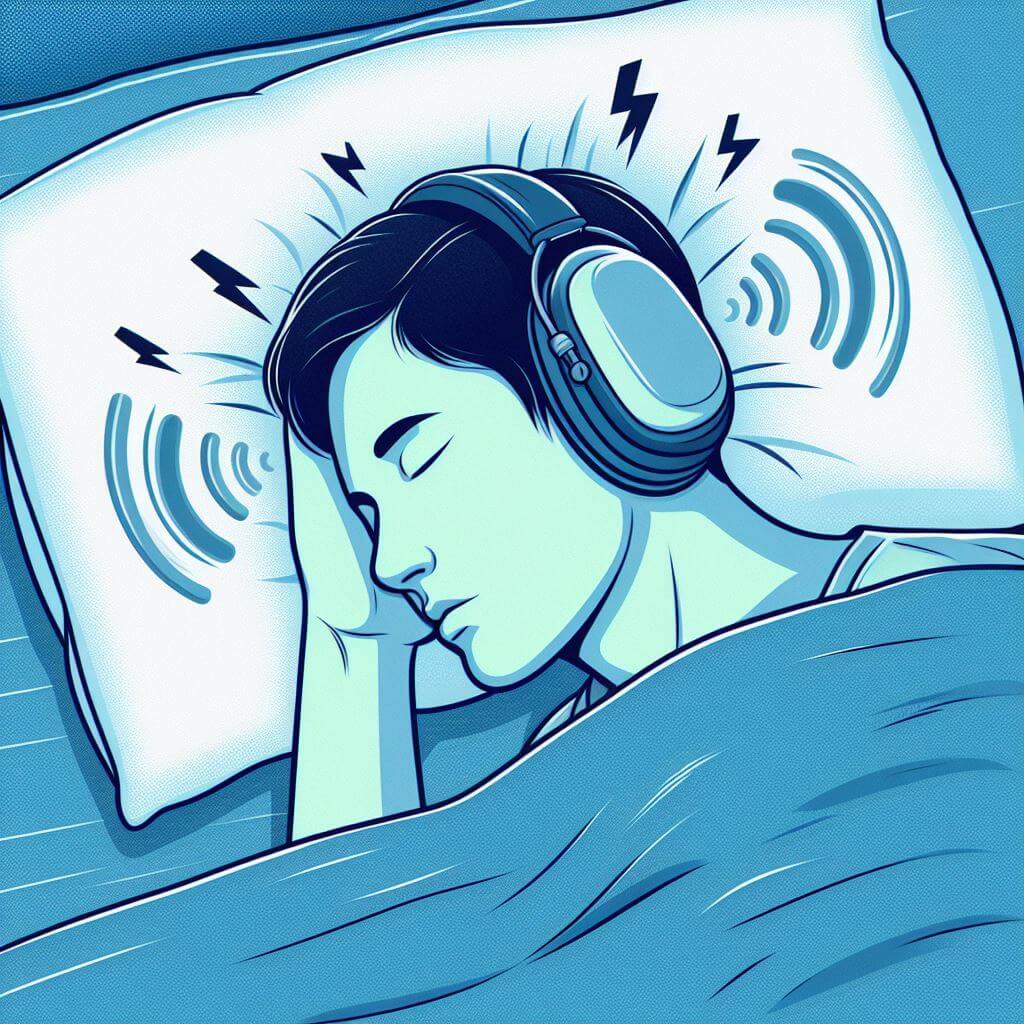
If external noise is a major issue in your environment, investing in noise-cancelling headphones or earplugs can help you get a better night's sleep.
These devices block out external noise by producing an opposite sound wave that cancels out the incoming noise.
Noise-cancelling headphones or earplugs are particularly helpful for those who live in noisy environments or who have a partner who snores.
When choosing noise-cancelling headphones or earplugs, make sure to choose a model that fits comfortably and has a long battery life.
Additionally, consider whether you want a wireless or wired device and whether it's compatible with your preferred audio devices.
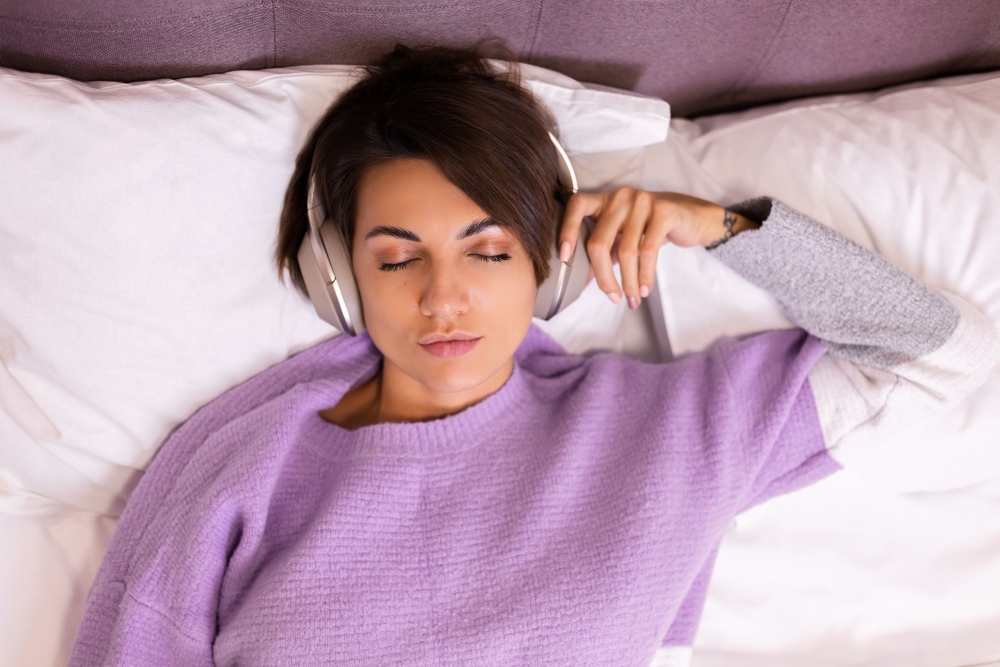
Use Soundproofing Curtains or Blinds
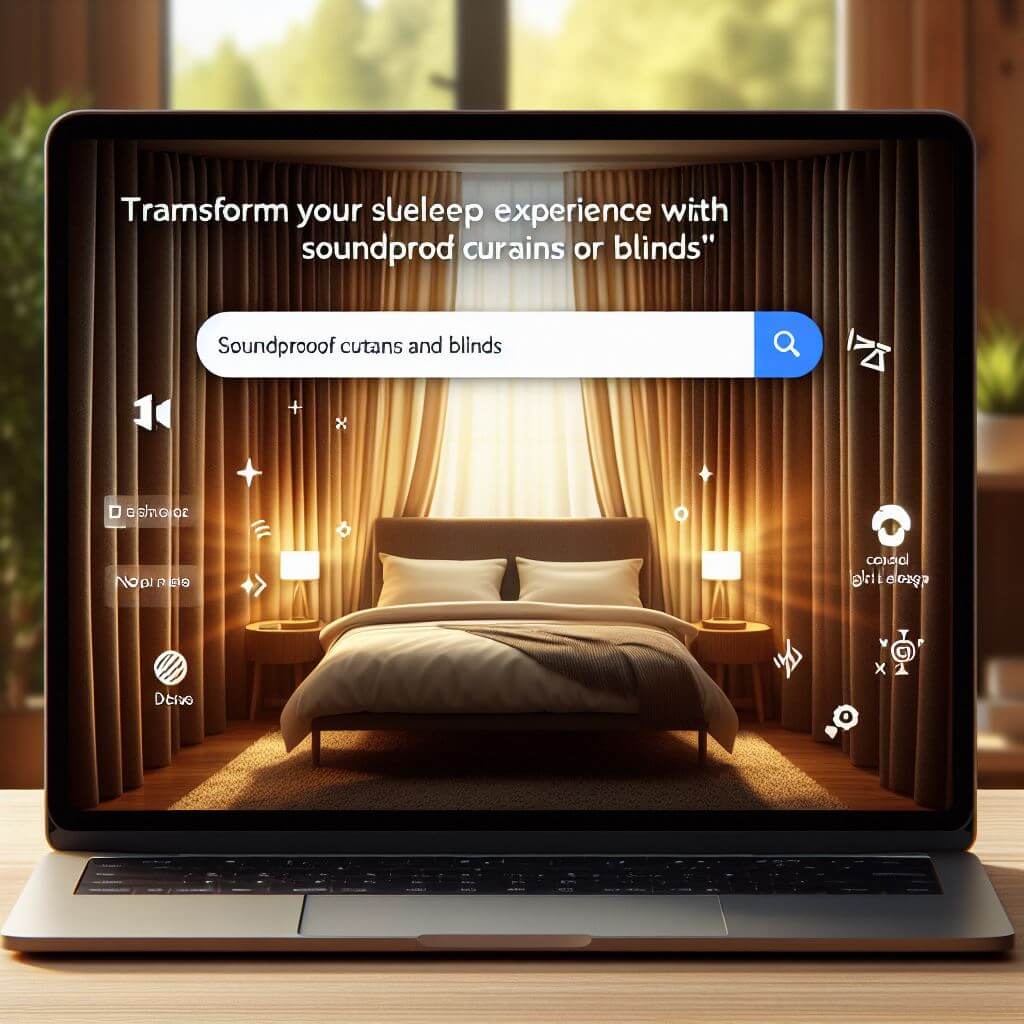
Soundproof curtains or blinds can also help reduce external noise from entering your bed tent.
These curtains or blinds are made of dense, sound absorbing materials that prevent sound waves from entering the room.
Soundproof curtains or blinds also have a thick lining that helps block out light, making them ideal for light sleepers who are sensitive to external stimuli.
When shopping for soundproof curtains or blinds, make sure to choose a model that fits the size of your bed tent and complements its design.
Additionally, choose curtains or blinds that are easy to install and maintain.
Seal Any Gaps or Openings in the Bed Tent
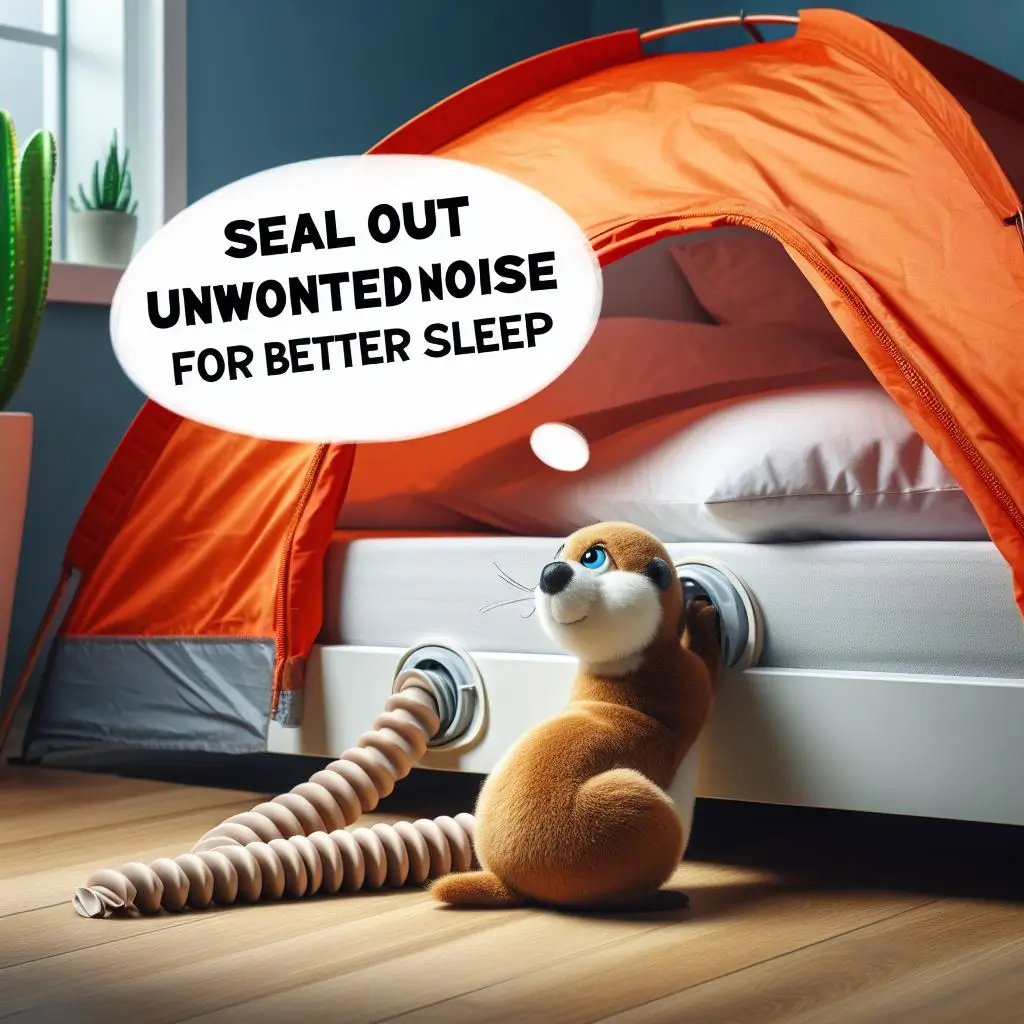
Even small gaps or openings in the bed tent can let in unwanted noise. Therefore, it's essential to seal any gaps or openings in the bed tent to soundproof it effectively.
One of the easiest ways to do this is by using weather stripping tape or foam sealant.
Weather stripping tape is an adhesive tape that is easy to apply and remove. It is particularly useful for sealing gaps around doors or windows in the bed tent.
Foam sealant, on the other hand, is ideal for sealing larger gaps or holes in the bed tent. However, it's important to make sure the foam sealant is compatible with the bed tent material to avoid any damage.
Add Sound-Absorbing Materials to the Bed Tent
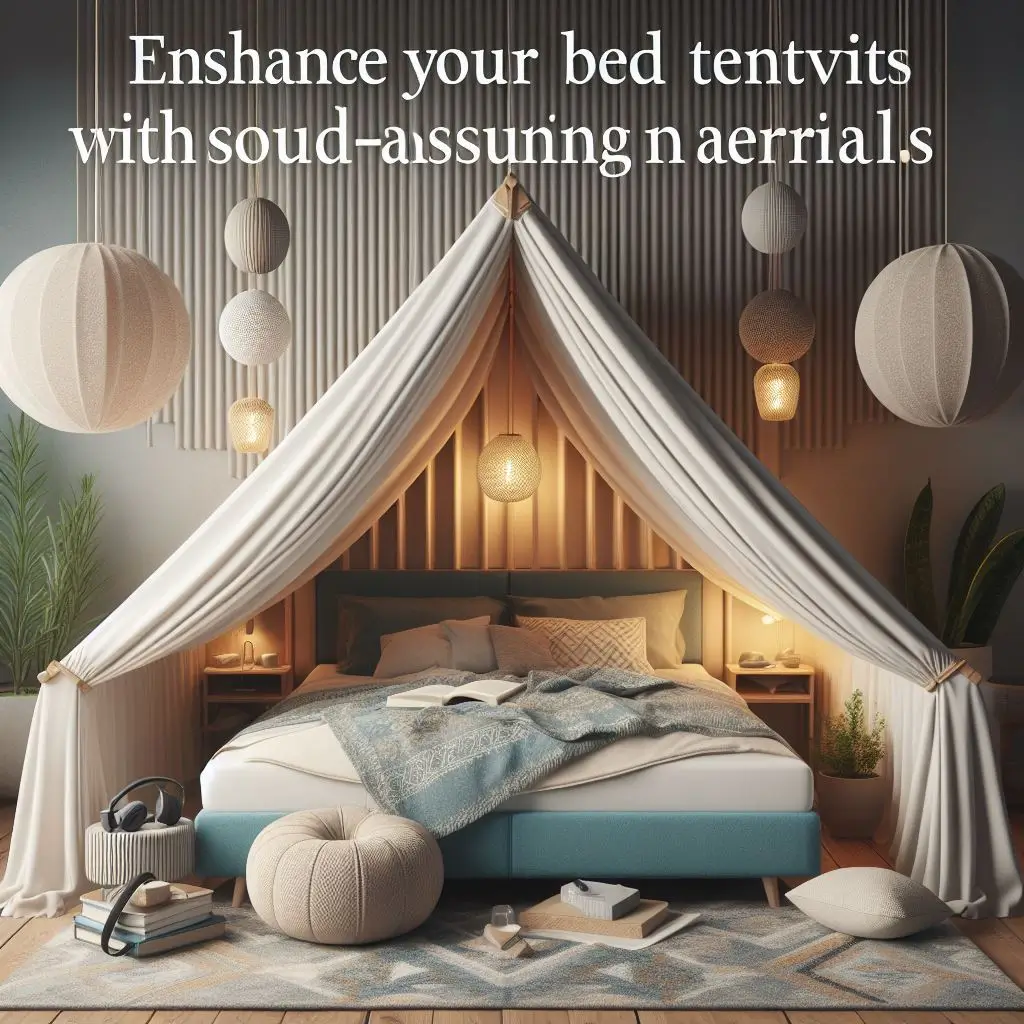
Adding sound-absorbing materials to the bed tent can also help reduce echo and reverberation inside the bed tent.
This is particularly important if you have a lot of hard surfaces inside the bed tent, such as a hard floor or walls.
Sound-absorbing materials can help absorb sound waves, reducing the amount of noise that bounces around the bed tent.
Some of the best sound-absorbing materials to add to a bed tent include acoustic foam, sound-dampening blankets, and carpets.
These materials not only absorb sound but also add an extra layer of insulation, making the bed tent feel more comfortable and cozy.
When adding sound-absorbing materials to the bed tent, make sure to place them strategically.
For example, placing acoustic foam on the walls or ceiling can help absorb sound waves before they bounce back into the bed tent.
Sound-dampening blankets can be draped over furniture or used as a temporary partition to create a quieter space inside the bed tent.
Use White Noise or Relaxation Sounds
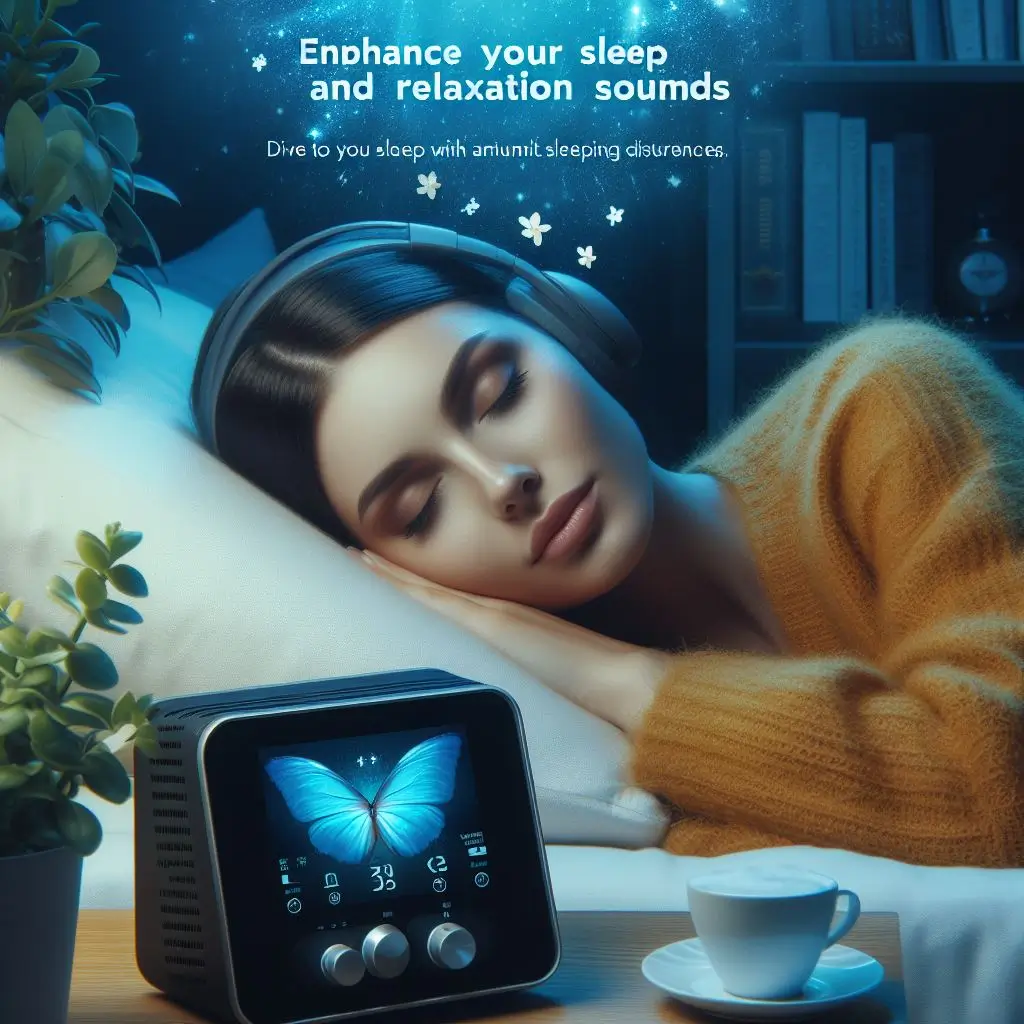
White noise or relaxation sounds can be an effective way to mask external noise and create a peaceful sleeping environment.
White noise is a type of sound that contains all audible frequencies at equal levels, effectively drowning out other noises.
Relaxation sounds, on the other hand, can help promote relaxation and improve sleep quality.
There are many white noise and relaxation sound machines available on the market, ranging from basic models that produce static noise to more advanced models that offer a range of sounds and features.
Alternatively, you can also use a smartphone app or online resource to access white noise or relaxation sounds.
Soundproof the Floor of the Bed Tent
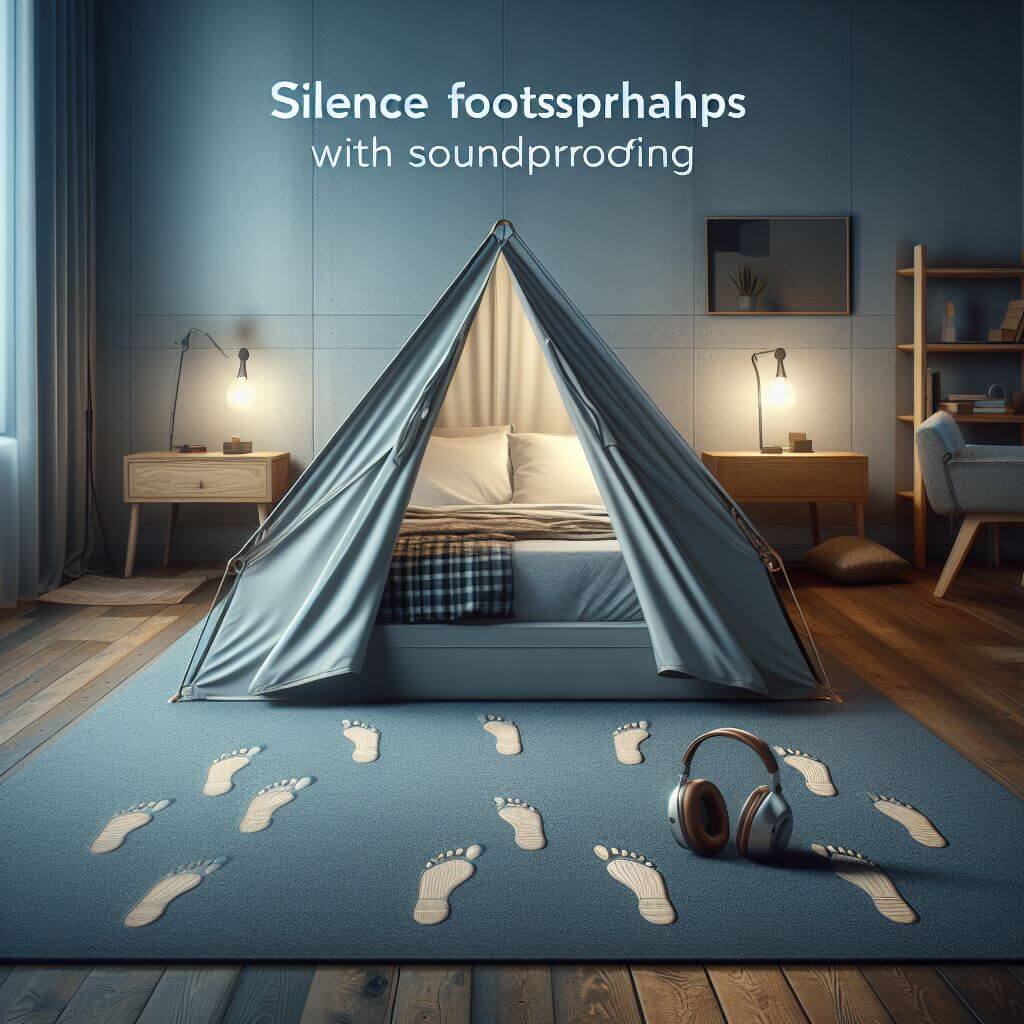
The floor of the bed tent can also contribute to noise transfer. If the bed tent is placed on a hard surface, such as concrete or hardwood, footsteps or other noises can easily travel through the floor and disrupt sleep.
You want to soundproof the floor of the bed tent, it is easy by adding a layer of sound-absorbing material, such as a carpet or rug, can help.
When choosing a carpet or rug for the bed tent, make sure to choose a model that is easy to clean and maintain.
Additionally, choose a carpet or rug that is large enough to cover the entire floor of the bed tent, or at least the area where you sleep.
Recommended reading:Step-By-Step Guide: How To Soundproof A Floor
The objective of utilizing privacy bed tents.
Privacy bed tents have been gaining popularity in recent years, and for good reason.
They serve a variety of purposes that can greatly improve the quality of life for many people.
Here are the main purposes of privacy bed tents and why they're so important.
- Privacy
The most obvious purpose of a privacy bed tent is to provide privacy. Whether you're living in a crowded dormitory, sharing a bedroom with siblings, or simply need a private space for yourself, a privacy bed tent can give you the solitude you need. It's like having your own personal oasis where you can relax, unwind, and recharge.
- Noise Reduction
Privacy bed tents are also great for reducing noise levels. If you're living in a noisy environment with lots of distractions, a bed tent can help you block out external sounds and create a more peaceful atmosphere. This is especially important if you're a light sleeper or need to concentrate on work or studies.
- Light Reduction
Another benefit of privacy bed tents is that they can help reduce the amount of light in your sleeping area. This can be particularly helpful if you're sensitive to light or live in an area with bright streetlights or other sources of light pollution. By blocking out excess light, you can create a more conducive environment for sleep and relaxation.
- Added Comfort
Another benefit of privacy bed tents is that they can help reduce the amount of light in your sleeping area. This can be particularly helpful if you're sensitive to light or live in an area with bright streetlights or other sources of light pollution. By blocking out excess light, you can create a more conducive environment for sleep and relaxation.
- Versatility
Finally, privacy bed tents are incredibly versatile. They come in a variety of sizes, styles, and materials, which means you can easily find one that suits your needs and preferences. They can also be used in a variety of settings, including dorm rooms, apartments, and even outdoors. Whether you're looking for a private space to sleep or a cozy spot to read a book, a privacy bed tent can provide the perfect solution.
Recommended reading:How To Soundproof Bed Frame
 Pro Tip
Pro TipPrivacy bed tents serve a variety of purposes that can greatly improve the quality of life for many people.
They provide privacy, reduce noise and light levels, add comfort, and are incredibly versatile.
Whether you're a student living in a dormitory, a parent sharing a bedroom with your child, or simply need a private space for yourself, a privacy bed tent can be a valuable investment.
Conclusion
Improving your sleep with a tent that blocks out noise can make a difference, whether you're camping or using it at home.
By following the helpful tips in this guide, you can make your tent quieter and create a better sleeping space.
From picking good materials to adding things that soak up sound and trying out white noise, these ideas are easy to try and can help you sleep better.
If you want to make your sleep better, think about getting a tent that keeps noise out for a calmer and more peaceful night's rest.
Recommended reading:How To Soundproof Canopy Bed
Faqs About Soundproof bed tent
What materials are best for soundproofing a bed tent?
The best materials for soundproofing a bed tent include heavy-duty canvas, polyester, and nylon. These materials are thick and dense, which makes them better at absorbing sound than thinner materials like cotton or polyester blends.
What kind of sound-absorbing materials can I use to soundproof my bed tent?
There are many different sound-absorbing materials that can be used to soundproof a bed tent, including acoustic foam, sound-dampening blankets, and heavy curtains. These materials can be placed on the walls, ceiling, and floor of the bed tent to help absorb sound and create a quieter sleeping environment.
Can white noise or relaxation sounds help to soundproof a bed tent?
Yes, white noise or relaxation sounds can be an effective way to mask external noise and create a peaceful sleeping environment inside a bed tent. There are many white noise and relaxation sound machines available on the market, or you can use a smartphone app or online resource to access these sounds. Using white noise or relaxation sounds can be particularly helpful if you're camping in a noisy location or sleeping in a bed tent that's close to a busy road or other source of noise.
Can bed tents provide soundproofing for privacy?
Bed tents can offer privacy, but whether or not they provide soundproofing depends on the specific design and materials used. Some bed tents may have thicker and more sound-absorbing walls, while others may have thinner walls that allow more external noise to enter. It's important to research and choose a bed tent that's designed to provide the level of soundproofing that you need to ensure a peaceful and restful night's sleep. Additionally, you can use the expert tips outlined in this post to further soundproof your bed tent and reduce external noise.











